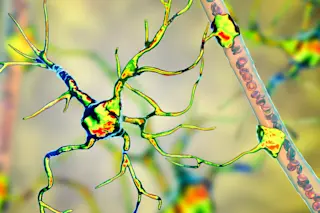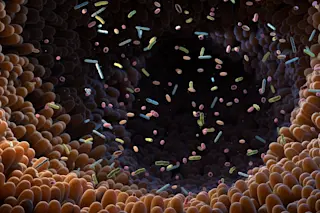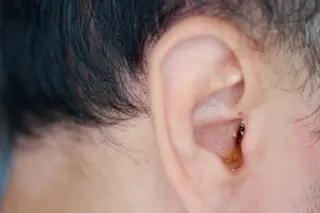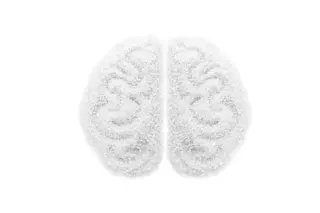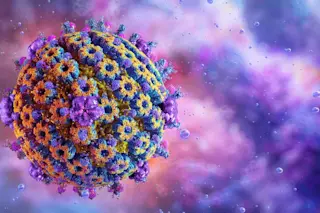By the time we notice signs of cognitive decline due to aging, it’s often too late to effectively treat it. But taking a look at the brain during the “critical window” between the ages of 40 and 59 could provide a chance to prevent or slow conditions like Alzheimer’s disease, according to a study in the Proceedings of the National Academy of Sciences.
The study suggests that patients in that “window” undergo functional MRI (fMRI) and electroencephalography (EEG). Those imaging tests can reveal biomarkers associated with cognitive decline while still providing enough time for effective treatment.
Anticipating the brain’s decline is tricky since it appears to follow an s-shaped curve rather than a straight line over time. In the study, an international team of neuroscientists detail that curve and identify critical points. They used neuroimaging techniques on more than 19,300 people to define those points.
The study shows that the ...



